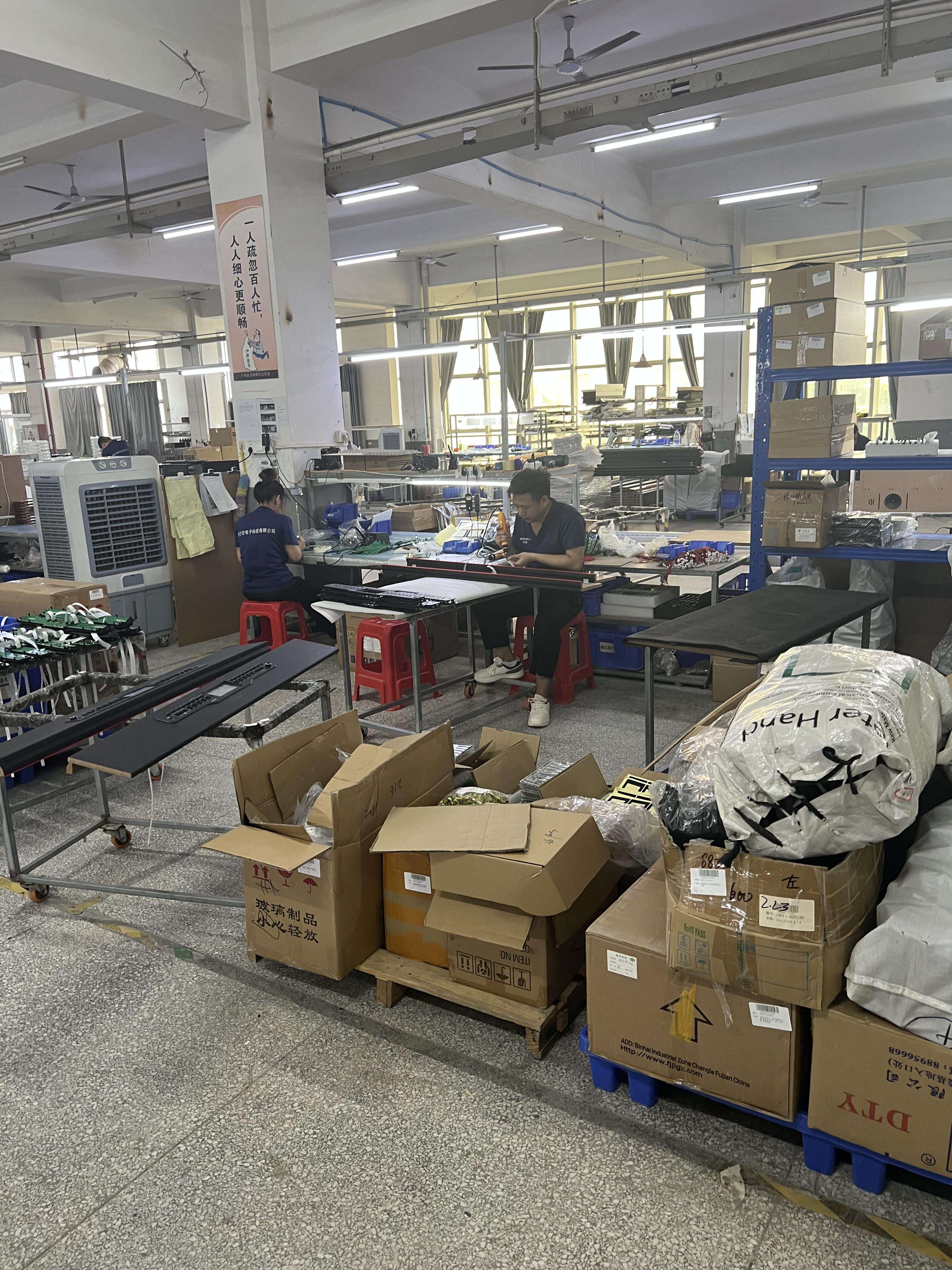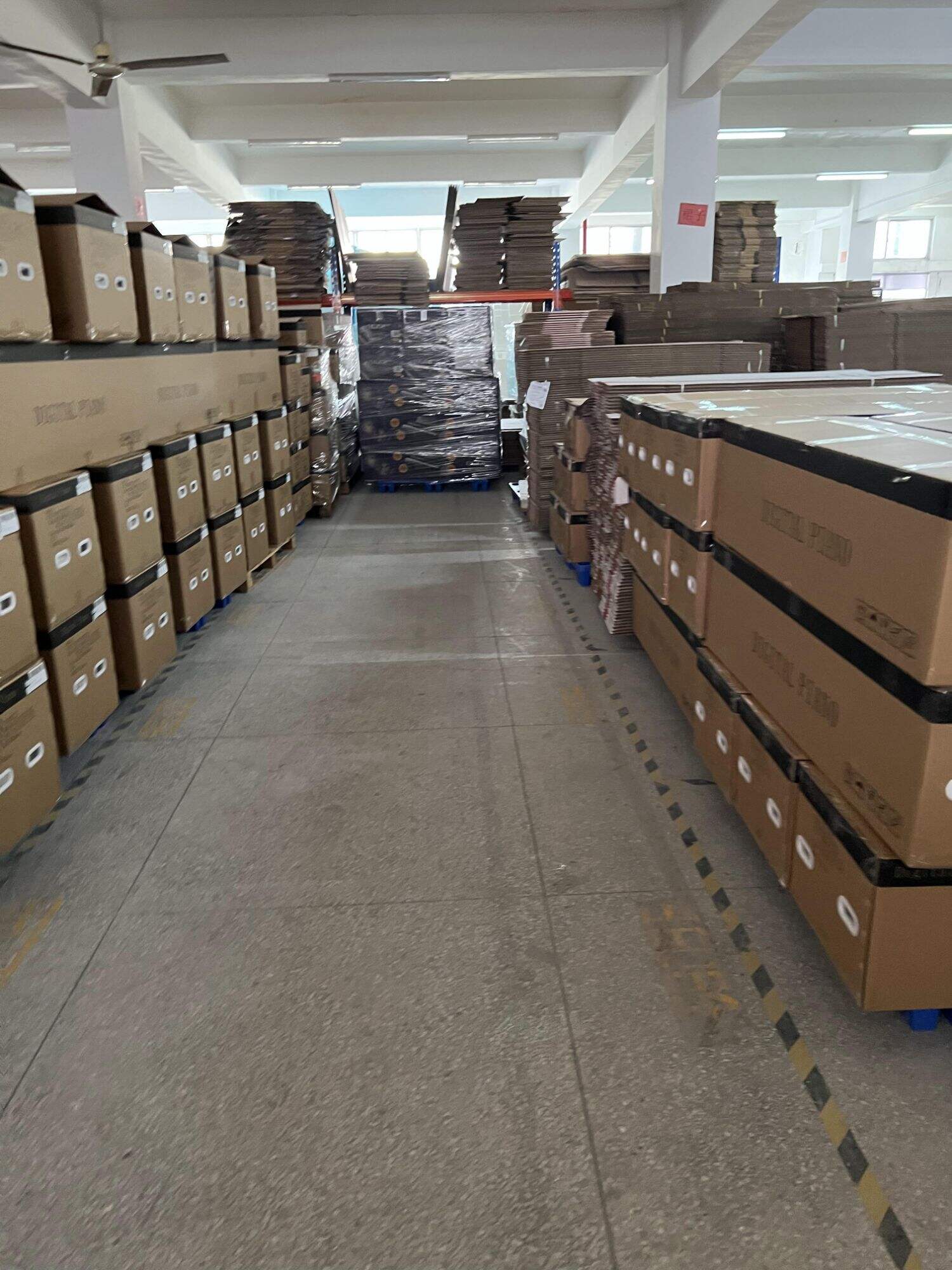Are environmental standards followed during the production of digital pianos?
Yes, modern digital piano production processes generally follow environmental standards. This mainly includes the following aspects:
Material selection: When producing digital pianos, manufacturers will try their best to choose materials that meet environmental standards, such as recyclable materials, low VOC (volatile organic compound) coatings, etc., to reduce the impact on the environment.
Energy Utilization: Manufacturers will take measures to optimize energy usage and reduce energy waste. For example, use efficient and energy-saving production equipment, adopt energy-saving lighting systems, etc.
Waste treatment: Waste generated during the production process will be properly handled, such as sorting, recycling or safe disposal. Manufacturers often establish waste management systems to ensure waste disposal complies with environmental regulations.
Emission control: Waste gas, waste water and other emissions may be generated during the production process. Manufacturers will take measures to control and reduce the emission of these emissions to protect the environment and public health.
Environmental management system: Some manufacturers will establish an environmental management system, such as ISO 14001 environmental management system, to ensure that environmental impacts during the production process are effectively managed and controlled.
Comply with regulatory standards: Manufacturers need to comply with local and international environmental regulations and standards, such as emission standards, waste treatment standards, etc., to ensure that the production process meets regulatory requirements.
Generally speaking, modern digital piano manufacturers are paying more and more attention to environmental responsibility and strive to reduce the impact of the production process on the environment in order to achieve sustainable development.

 EN
EN
 AR
AR
 DA
DA
 NL
NL
 FR
FR
 DE
DE
 EL
EL
 HI
HI
 IT
IT
 JA
JA
 KO
KO
 NO
NO
 PL
PL
 PT
PT
 RU
RU
 ES
ES
 SV
SV
 TL
TL
 ID
ID
 SR
SR
 VI
VI
 ET
ET
 HU
HU
 MT
MT
 TH
TH
 TR
TR
 FA
FA
 MS
MS
 SW
SW
 BE
BE
 AZ
AZ
 KA
KA
 BN
BN
 HA
HA
 JW
JW
 MR
MR
 PA
PA
 TA
TA
 TE
TE
 KK
KK
 UZ
UZ




